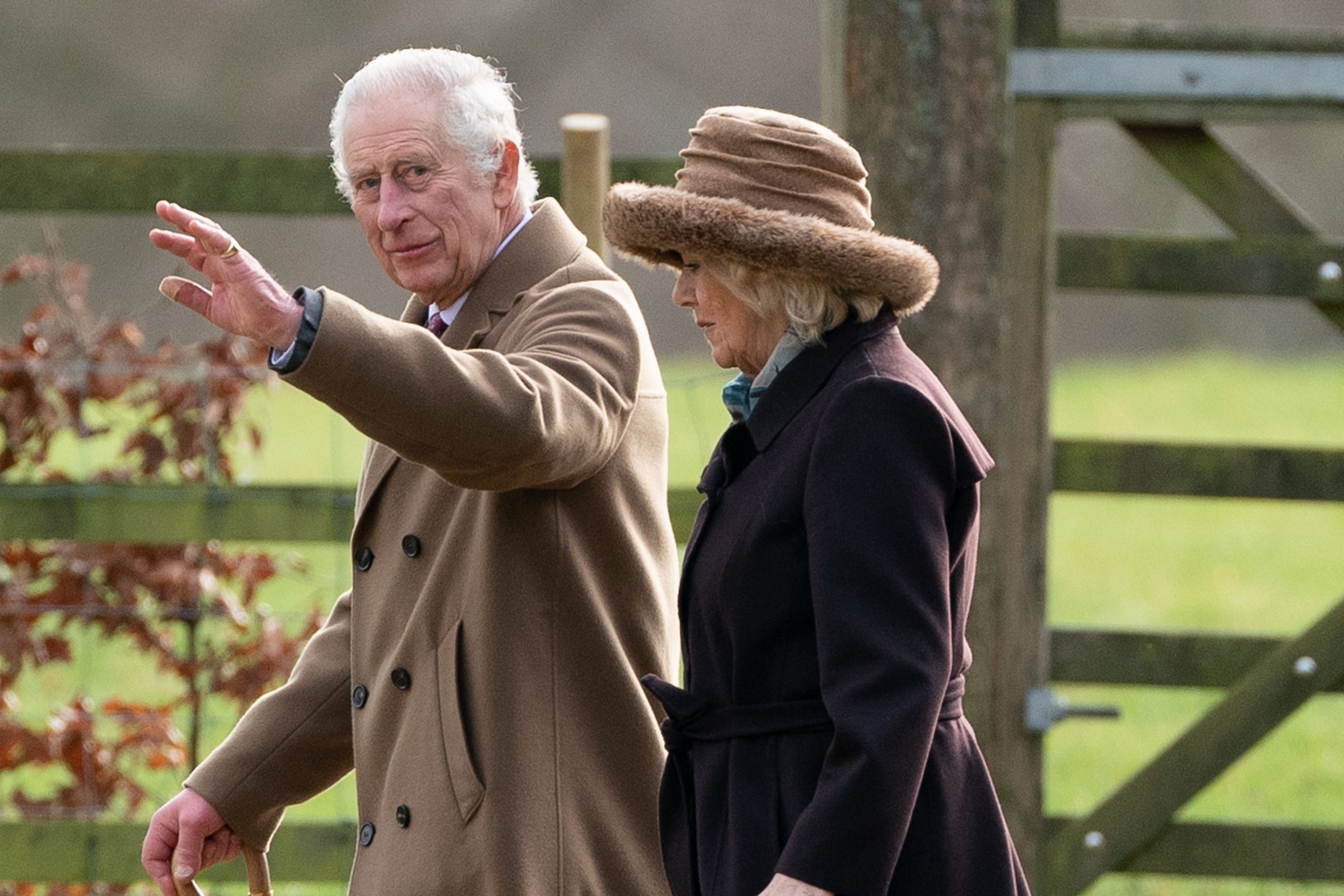King Charles’ health history in full as he begins cancer treatment
The 75-year-old royal was confirmed to have a ‘form of cancer’
Your support helps us to tell the story
This election is still a dead heat, according to most polls. In a fight with such wafer-thin margins, we need reporters on the ground talking to the people Trump and Harris are courting. Your support allows us to keep sending journalists to the story.
The Independent is trusted by 27 million Americans from across the entire political spectrum every month. Unlike many other quality news outlets, we choose not to lock you out of our reporting and analysis with paywalls. But quality journalism must still be paid for.
Help us keep bring these critical stories to light. Your support makes all the difference.
Buckingham Palace officials have announced that King Charles, 75, has been diagnosed with a “form of cancer” and is currently undergoing treatment.
In the 5 February announcement, the palace said that the King “is grateful to his medical team for their swift intervention, which was made possible thanks to his recent hospital procedure”.
“His Majesty has today commenced a schedule of regular treatments, during which time he has been advised by doctors to postpone public-facing duties,” the palace continued.
“Throughout this period, His Majesty will continue to undertake State business and official paperwork as usual,” the statement added.
The king is expected to recuperate from treatment at Birkhall, his private residence on the royal family’s Balmoral estate in Aberdeenshire, Scotland.
This latest health issue comes after the 75-year-old was admitted to the London Clinic – a private hospital near Regent’s Park – in January to undergo a corrective procedure for an enlarged prostate.

Prior to his cancer diagnosis, the king’s health issues have included contracting Covid-19 at the beginning of the pandemic, being knocked unconscious after being thrown from his horse while playing polo, and narrowly escaping an avalanche that killed a close friend.
As a child, he was rushed to Great Ormond Street Hospital to stop his appendix “exploding”. He declared on a later visit: “I got here just in time before the thing exploded and was happily operated on and looked after by the nurses.”
Over the years, family members have expressed concern over his so-called “sausage fingers” amid fears it might be due to fluid build-up or other conditions.
He’s reportedly been aware of the condition for years. In a letter to a friend after the birth of his first son William, in 1982, he wrote: “He really does look surprisingly appetising and has sausage fingers just like mine.”

Prince Harry also revealed in his divisive memoir Spare that his father suffers from “constant neck and back pain,” which reportedly stems from numerous falls from horses over the years while playing polo. The king ultimately retired after more than 40 years of playing polo in 2005, having notched up an impressive array of injuries.
Other polo injuries include an incident in 1980 when he was thrown off his horse and kicked during a polo match at Windsor. He needed six stitches after this incident.
On another occasion he was hit in the throat, causing him to lose his voice for 10 days.
In 1980, Charles collapsed at the end of a game in Florida and had to be put on a saline drip. He resisted pressure to give up the sport following that incident.
In 1990, he then broke his right arm in a fall during a polo match. A second operation was necessary three months after the tumble because one of the fractures failed to heal, causing him great pain. In 1992 he had an operation to repair torn cartilage in his left knee – again after a polo injury. The following year, he was hurt again during a game at Windsor, aggravating an old back injury. He also broke a rib when he tumbled from his horse in a hunting accident in 1998.
Three months later, he was back in hospital undergoing laser keyhole surgery on his right knee cartilage due to wear and tear from years of sport and exercise.
In June 2001, Charles fractured a small bone in his shoulder after falling off his horse during a fox hunt. Months later in August 2001, he was knocked unconscious and taken to hospital when his horse threw him during a polo match. He was stretchered off and taken by ambulance to hospital as a precautionary measure.

The king has also endured other sporting accidents.
In 1988, while skiing off-piste at Klosters on one of Europe’s most dangerous runs, he narrowly escaped an avalanche that killed his good friend Major Hugh Lindsay, a former equerry to Queen Elizabeth II.
Charles managed to jump out of the way to reach a ledge and helped save the life of another friend, Patti Palmer-Tomkinson, by digging her out of the snow and talking to her to keep her conscious until a helicopter arrived. He later recalled the horror of the avalanche, saying he had never seen anything so terrifying.
Charles has also reportedly strained tendons in his wrist from salmon fishing in Scotland.
He also once injured himself gardening when he accidentally hit his thumb with a mallet and broke his finger, almost severing the tip.
In 2003, the king had a hernia operation at the private King Edward VII’s Hospital in London, the hospital favoured by the royal family. At the time, he joked “hernia today, gone tomorrow” to the media waiting outside as he was discharged the following day.
Five years later in 2008, the king had a non-cancerous growth removed from the bridge of his nose in a minor, routine procedure.
In more recent years, Charles, then 71, caught Covid-19 in March 2020 – the early days of the pandemic, before vaccines were available.
He only suffered mild symptoms and isolated at Birkhall away from the then-Duchess of Cornwall – who tested negative at the time – but carried on working at his desk.
He reportedly lost his sense of taste and smell for a time, and later spoke of the “strange, frustrating and often distressing” experience of being without friends and relatives during lockdown.
Then in February 2022, the king caught Covid-19 for a second time. He was triple-vaccinated and recovered quickly.
In the past, the king has joked about the downside of aging and his inevitable physical decline.
In 2018, he told a Brisbane crowd: “I don’t know about you but now bits of me keep falling off at regular intervals.”




Join our commenting forum
Join thought-provoking conversations, follow other Independent readers and see their replies
Comments